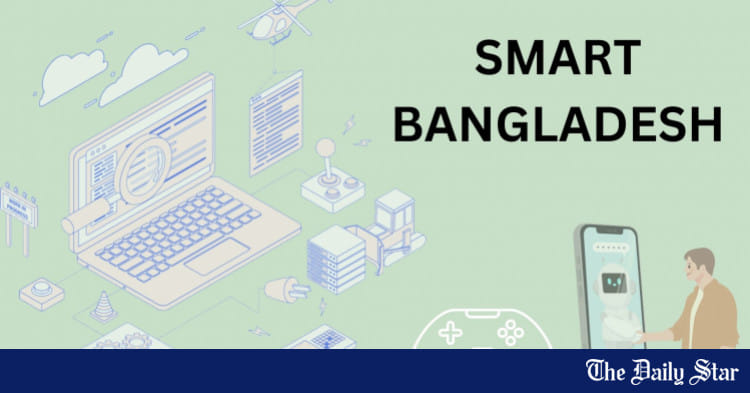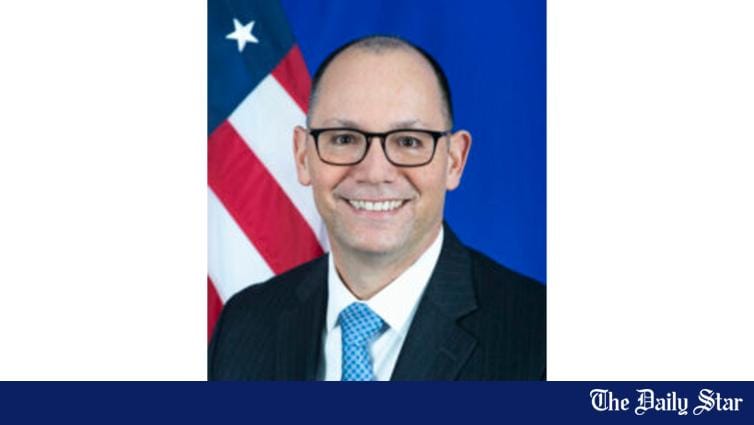Saif
Senior Member
- Messages
- 17,422
- Likes
- 8,380
- Nation

- Residence

- Axis Group


US denies ‘Peter Haas’ hiding’ during Bangladesh election
The US Department of State spokesperson, Matthew Miller, has denied an accusation reportedly made by a former Indian ambassador to Bangladesh that the US ambassador in Dhaka, Peter Haas, was in hiding just before Bangladesh’s immediate past general election due to alleged Indian pressure....
 www.newagebd.net
www.newagebd.net
US denies 'Peter Haas' hiding' during Bangladesh election
Staff Correspondent | Published: 14:08, Apr 09,2024 | Updated: 14:24, Apr 09,2024

US Department of State spokesperson Matthew Miller. -- Collected photo.
The US Department of State spokesperson, Matthew Miller, has denied an accusation reportedly made by a former Indian ambassador to Bangladesh that the US ambassador in Dhaka, Peter Haas, was in hiding just before Bangladesh's immediate past general election due to alleged Indian pressure.
The State Department spokesperson made the denial in response to a question at the department's regular press briefing in the US on Monday.
The text of the press briefing was uploaded to the State Department's official website.
The questioner asked, 'Is that true that U.S. ambassador in Dhaka, Peter Haas, was in hiding just before Bangladesh one-sided election due to alleged Indian pressure? The accusation was reportedly made by a senior Indian diplomat and former ambassador to Bangladesh during a book launching ceremony in New Delhi.'
'So I haven't been following every book launch ceremony in New Delhi, but no, that is not accurate,' responded the State Department spokesperson.
The accusation was reportedly made by former Indian ambassador to Bangladesh, Pinak Ranjan Chakravarty, in a book launching ceremony organised by the Observer Research Foundation in New Delhi. The book was written by the senior Indian diplomat.
Staff Correspondent | Published: 14:08, Apr 09,2024 | Updated: 14:24, Apr 09,2024
US Department of State spokesperson Matthew Miller. -- Collected photo.
The US Department of State spokesperson, Matthew Miller, has denied an accusation reportedly made by a former Indian ambassador to Bangladesh that the US ambassador in Dhaka, Peter Haas, was in hiding just before Bangladesh's immediate past general election due to alleged Indian pressure.
The State Department spokesperson made the denial in response to a question at the department's regular press briefing in the US on Monday.
The text of the press briefing was uploaded to the State Department's official website.
The questioner asked, 'Is that true that U.S. ambassador in Dhaka, Peter Haas, was in hiding just before Bangladesh one-sided election due to alleged Indian pressure? The accusation was reportedly made by a senior Indian diplomat and former ambassador to Bangladesh during a book launching ceremony in New Delhi.'
'So I haven't been following every book launch ceremony in New Delhi, but no, that is not accurate,' responded the State Department spokesperson.
The accusation was reportedly made by former Indian ambassador to Bangladesh, Pinak Ranjan Chakravarty, in a book launching ceremony organised by the Observer Research Foundation in New Delhi. The book was written by the senior Indian diplomat.







